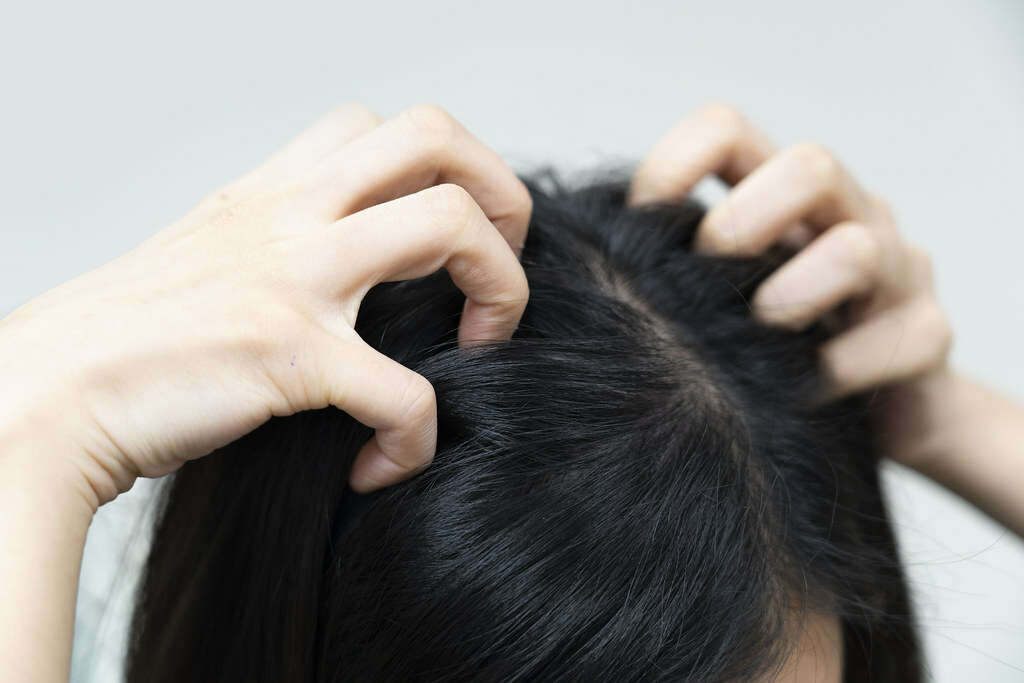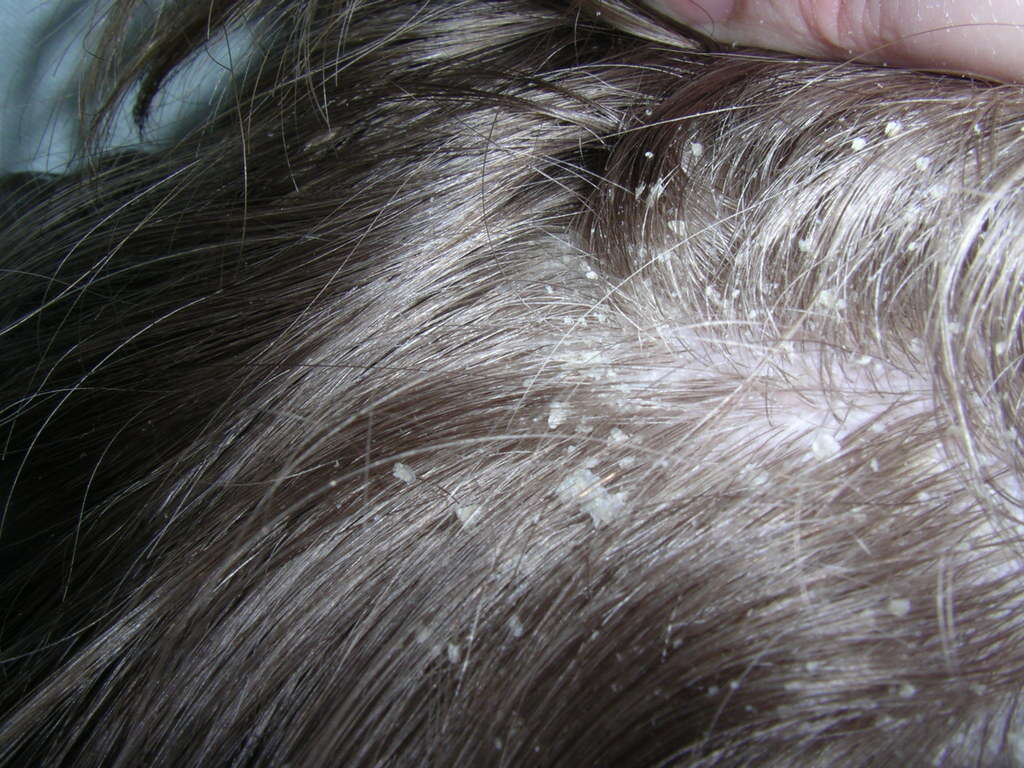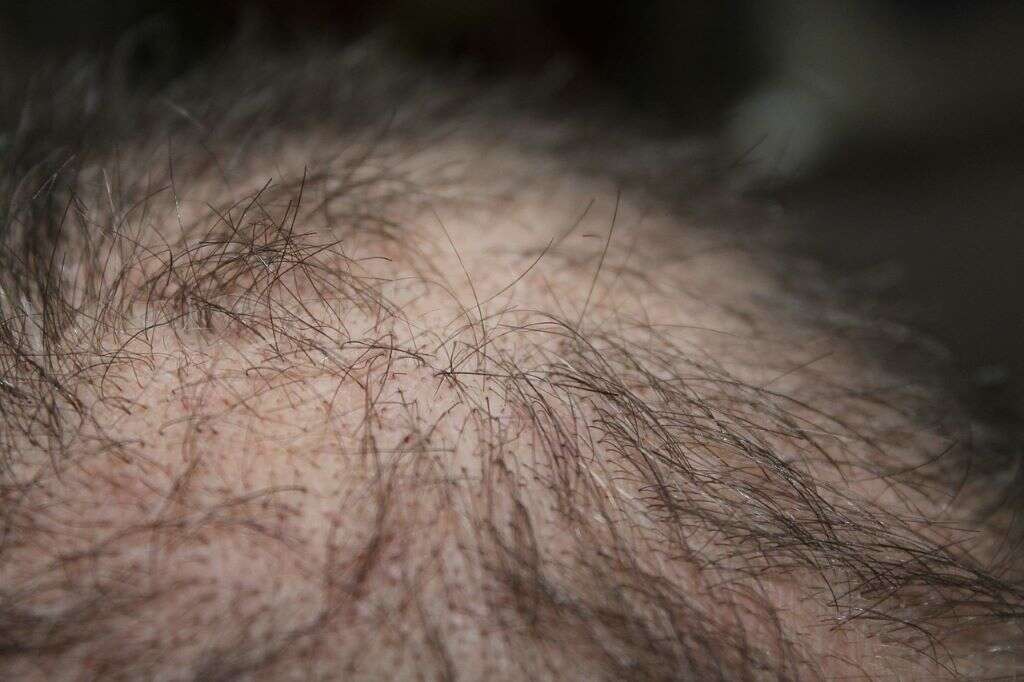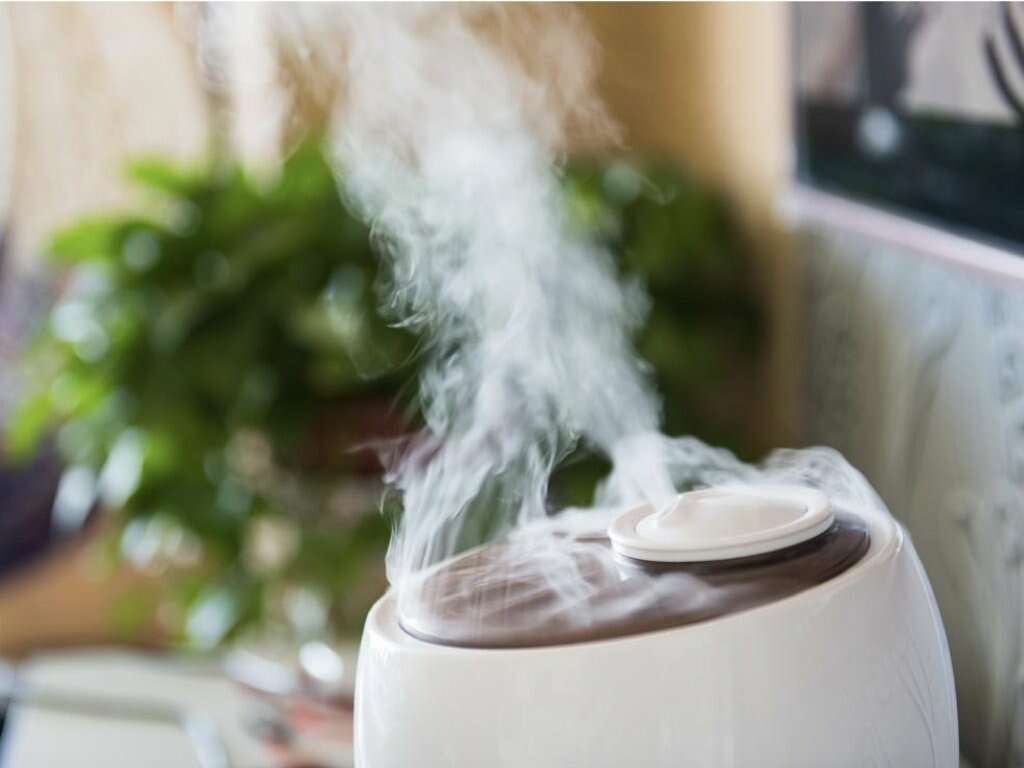10 Dry Scalp Symptoms
Dry scalp can often be associated with quite a few symptoms, depending on its cause. Although it might seem relatively straightforward, these different symptoms can be important in diagnosing the underlying cause of dry scalp. It's uncommon for one case to have all of these symptoms, but just a few or even one of them could be enough to help a doctor identify the problem and rule out many others.
It's easy to confuse dry scalp for a number of similar issues. Here are some specific symptoms to look out for in identifying a condition that causes dry scalp.
Itchy Scalp
This is one of the most common and disruptive symptoms associated with a dry scalp. If the top of the head remains itchy for an extended period of time, dry scalp could be the cause. It's important to keep track of the intensity and duration of itchiness. These factors could give a doctor important information about both the severity of the problem and its cause.
Dryness can certainly lead to itchy skin on the top of the head, but there are many other possible causes as well. A combination of this and other factors is the best way to identify dry scalp.

Redness
Red and itchy often go hand in hand, but that isn't always the case. Instead, redness could be caused by a number of factors, including dry scalp. Dryness can affect the blood vessels of the scalp, leading to redness of the affected areas.
Although the body does its best to heal in these kinds of situations, it's also a good idea to see a professional when there's excessive redness. Someone with proper training can identify whether the redness comes from dry skin or another cause.

Pain
Pain at the top of the head can signal that something like a sunburn has created a dry scalp problem. Although many people don't realize it, the top of the head can get sunburn just like everywhere else. Staying outside for long without a hat on can quickly become painful, especially for people with less hair or who part their hair on well-defined lines.
While pain might not be present in all cases of dry scalp, it's one possible case to look out for.

Small, Dry Flakes
When many people see white flakes in their hair, they think of dandruff. However, dandruff tends to come in large, off-white flakes. To identify dry scalp, look for large flakes that are white and dry to the touch. These likely come from dry skin.
This can be confusing for people who call flakes of all kinds dandruff. But dandruff is most often caused by a naturally occurring fungus, so correctly identifying dry scalp as the cause of flaking can make a difference in treatment.

Other Areas of Dry Skin
If there's other dry skin, especially on the face or neck, it's possible that there is dry scalp as well. Something as simple as a change in the humidity can cause those small, white flakes to appear, so other dry skin can be a signal for this.
Don't just look for dry skin on the face though. Knuckles and hands are often sensitive to changes in dryness, so they can be a good signal of whether dryness is the cause.

Inflammation
In addition to symptoms like redness, inflammation can be associated with a dry scalp. This isn't just redness but also raised areas that are especially sensitive. Inflammation may be caused by a more serious condition and should be taken as an indication that the scalp should be treated soon.
Inflammation can also result from scratching the scalp due to itchiness. For this reason, it's important to resist scratching. Inflammation doesn't just hurt, it also opens the door for complications, such as infections.

Hair Loss
Hair loss may be worsened by dryness of the scalp. Dryness can make hair follicles weaker, making them break off more quickly than they otherwise would. The hair can only regrow so quickly, meaning that dry scalp causes hair to thin and eventually, bald spots to appear.
Scratching and itching can also cause hair loss because it irritates the skin. This can come along with dry scalp, so if there are other symptoms of dry scalp, watch out for this one too.

Dry Hair
A dry scalp may be associated with dry hair. Fortunately, these symptoms can both receive similar shampoo treatments, as long as they're formulated correctly. The shampoo should have moisturizing ingredients that restore the hair and scalp, rather than chemicals like sulfates that could make dryness worse.
Instead, shampoos containing ingredients such as coal tar can slow skin from flaking off. Although patients should consult a professional and watch out for side effects, these ingredients can benefit those who suffer from dry scalp.

Powdery Flakes
While flakes from dandruff stick in the hair, flakes caused by dry scalp often shed quickly. You may even see these flakes when you turn your head or look up quickly. They might look like dust at first, but they're actually flakes from the dry skin on your scalp.
If it's difficult to figure out whether dry scalp or dandruff is the cause of your problems, pay attention to whether the flakes stick or float away. This might be the last piece of the puzzle.

Seasonal Changes
Because the changing seasons affect humidity and temperature, it's helpful to track when symptoms worsen or get better. If they tend to get worse in dry weather, it's possible that dry scalp is the culprit. Dry scalp can come in the winter or the summer, depending on your local climate.
The important part to remember is that you should keep note of when symptoms change. This is an important medical record that can contain many clues a doctor or dermatologist could use to help.












